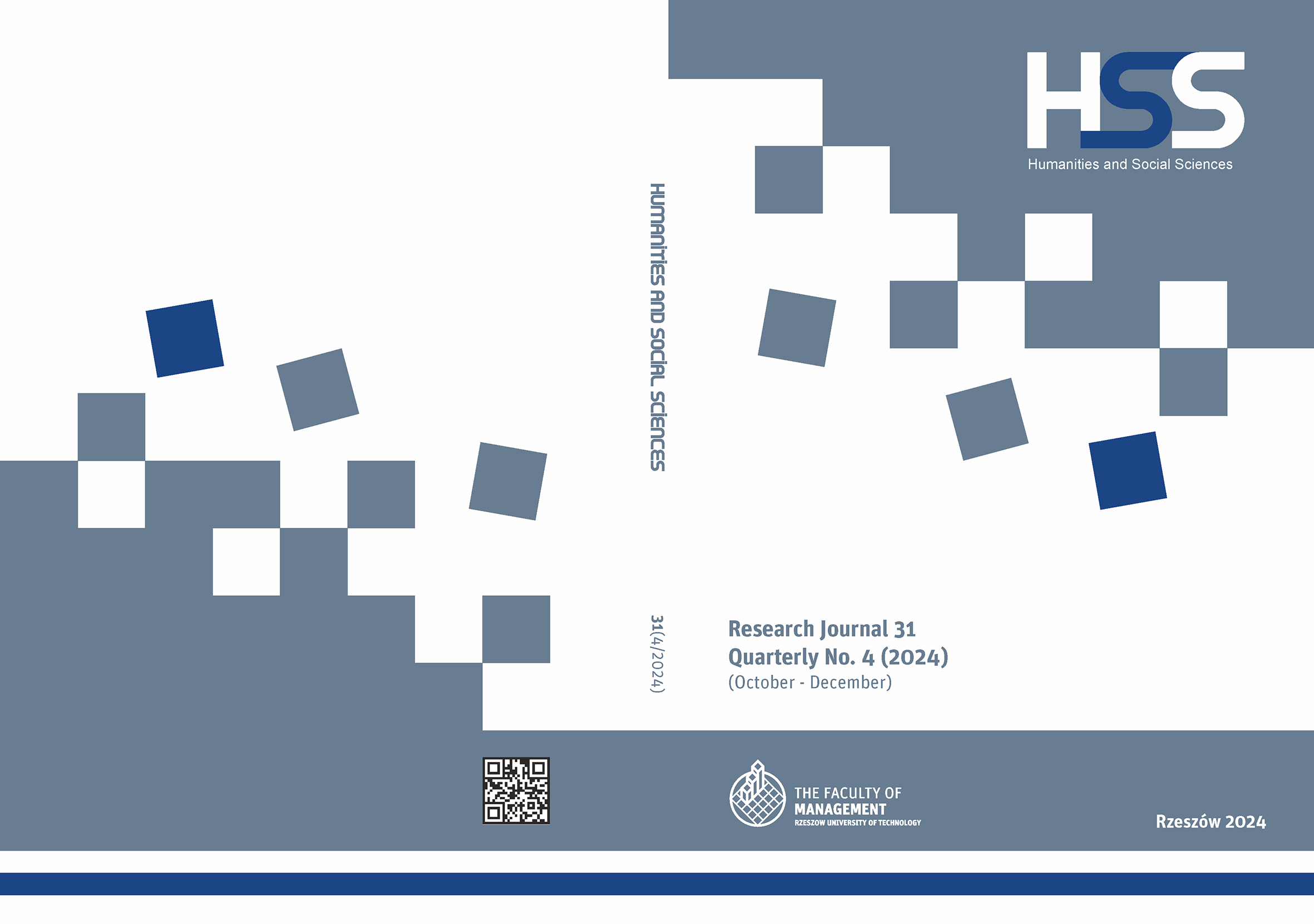Abstrakt
The concept of post-democracy is often used to describe the state liberal democratic regimes of the so-called West have currently reached. But is it possible to apply the notion broadly to any country? Does labeling a particular country as post-democratic always mean the same thing? Is there not a risk that the incorrect use of this term leads to an erroneous analysis of the state of democracy in the country in question? The text first focuses on the concept of post-democracy and its various definitions in the works of political theorists, while paying crucial attention to Colin Crouch’s and Jacques Rancier´s approaches. In the second part, the text tries to find out which of the concepts is more justified in the Czech context. Emphasis is placed on the criterion of the historical presence/absence of the socio-economic cleavage.
Bibliografia
Augustín, M. (2017). How to Escape from the Dead End of Post-Democracy? “Filosofický časopis”, Vol. 65, No. 1.
Babiš, A. (2017). O čem sním, když náhodou spím. Praha: Andrej Babiš.
Beyme, K. von (2017). From Post-Democracy to Neo-Democracy, Springer.
Brokl, L., ed. (2006). Postdemokracie: hrozba, nebo naděje? Sborník textů. Praha: CEP.
Bureš, J. (2012). Česká demokracie po roce 1989: institucionální základy českého politického systému. Praha: Grada.
Crouch, C. (2000). Coping With Post-Democracy [Access: 13.11.2023]. Access on the internet: https://www.fabians.org.uk/wp-content/uploads/2012/07/Post-Democracy.pdf.
—— (2004). Post-democracy. Polity Press.
CVVM (2019). Sebezařazení na levopravé škále politické orientace – červen 2019 [Access: 13.11.2023]. Access on the internet: https://cvvm.soc.cas.cz/media/com_form2content/documents/c2/a4992/f9/po190903.pdf.
della Porta, D. (2015). Conception of Democracy and Crisis of Responsibility in the Great Recession. “Analele Universităţii din Bucureşti. Seria Ştiinţe Politice”, Vol. 17, No. 2.
Fialová, K., Želinský, T. (2019). Regional Patterns of Social Differentiation in Visegrád Countries. “Sociologický časopis/Czech Sociological Review”, Vol. 55, No. 6.
Giglioli, M., Baldini, G. (2019). Kings, jesters, or kingmakers? European populist parties as a microcosm for celebrity politics. “The British Journal of Politics and International Relations”, Vol. 21, No. 3.
Habermas, J. (2012). The Crisis of the European Union in the Light of a Constitutionalization of International Law. “European Journal of International Law”. Vol. 23, No. 2.
Havlík, V. (2019). Technocratic Populism and Political Illiberalism in Central Europe. “Problems of Post-Communism”, Vol. 66, No. 6.
Hloušek, V., Kopeček, L. (2004). Konfliktní demokracie. Moderní masová politika ve střední Evropě. Brno: MPÚ.
—— (2008). Cleavages in the Contemporary Czech and Slovak Politics Between Persistence and Change. “East European Politics and Societies”, Vol. 22, No. 3.
—— (2017). Different Ways of Institutionalising Entrepreneurial Parties: Czech Public Affairs Party and ANO. “Politologický časopis – Czech Journal of Political Science”, Vol. 24, No. 2.
Hrubec, M., ed. (2005). Spor o Evropu: postdemokracie, nebo predemokracie?, Praha: Filosofia.
Kalev, L. (2011). Post-Communism and Post-Democracy. “Studies of Transition States and Societies”, Vol. 3, No. 1.
Kantor, L. (2019). Vládnou korporace, postdemokracií je i Česko, říká britský politolog Crouch. iDnes.cz, 3. 11. 2019.
Linek, L., Voženílková, M. (2017). Strany na ústupu, lídři na vzestupu? Personalizace volebního chování v České republice. “Sociologický časopis/Czech Sociological Review”, Vol. 53, No. 2.
Marcuse, H. (1991). Jednorozměrný člověk: studie o ideologii rozvinuté industriální společnosti. Praha: Naše vojsko.
Martel, J. (2015). Are we ‘post-democratic’ – or have we not (yet) been democratic at all? “Juncture”, Vol. 22, No. 3.
Maškarinec, P. (2019). The rise of new populist political parties in Czech parliamentary elections between 2010 and 2017: the geography of party replacement. “Eurasian Geography and Economics”, Vol. 60, No. 5.
Mouffe, C. (2005). On the political. New York: Routledge.
—— (2019). For a Left Populism. London: Verso.
Olivier, B. (2015). Rancière and the recuperation of politics. “Phronimon”, Vol. 16, No. 1.
Rancière, J. (1999). Disagreement: politics and philosophy. Minneapolis: University of Minnesota Press.
Smith, M.L., Matějů, P. (2011). Restratifikace české politiky. Vývoj třídně podmíněného volebního chování v České republice v letech 1992–2010. “Sociologický časopis/Czech Sociological Review”, Vol. 47, No. 1.
Swyngedouw, E. (2019). The Perverse Lure of Autocratic Postdemocracy. “South Atlantic Quarterly”, Vol. 118, No. 2.
Šafr, J. (2008). Životní styl a sociální třídy: vytváření symbolické kulturní hranice diferenciací vkusu a spotřeby. Praha: Sociologický ústav AV ČR.
Šimonik, P. (1996). Politické spektrum v České republice: Český volič mezi pravicí a levicí. “Sociologický časopis”, Vol. 32, No. 4.
Urbinati, N. (2006). Representative Democracy: Principles & Genealogy. Chicago: University of Chicago.
Večerník, J. (2009). Czech society in the 2000s: a report on socio-economic policies and structures. Prague: Academia.
Vlachová, K., Matějů, P. (1998). Krystalizace politických postojů a politického spektra v České republice. “Sociologický časopis”, Vol. 34, No. 2.
Vlachová, K. (2002). Levice – pravice v České republice v letech 1996–2000 [In:] Mansfeldová, Z., Tuček, M., eds., Současná česká společnost: sociologické studie. Praha: Sociologický ústav AV ČR.
Voženílková, M. (2018). Personalizace politiky v České republice. Brno: MU.
Wilson, J., Swyngedouw, E., eds. (2020). The Post-Political and Its Discontents: Spaces of Depolitisation, Spectres of Radical Politics. Edinburgh: Edinburgh University Press.


